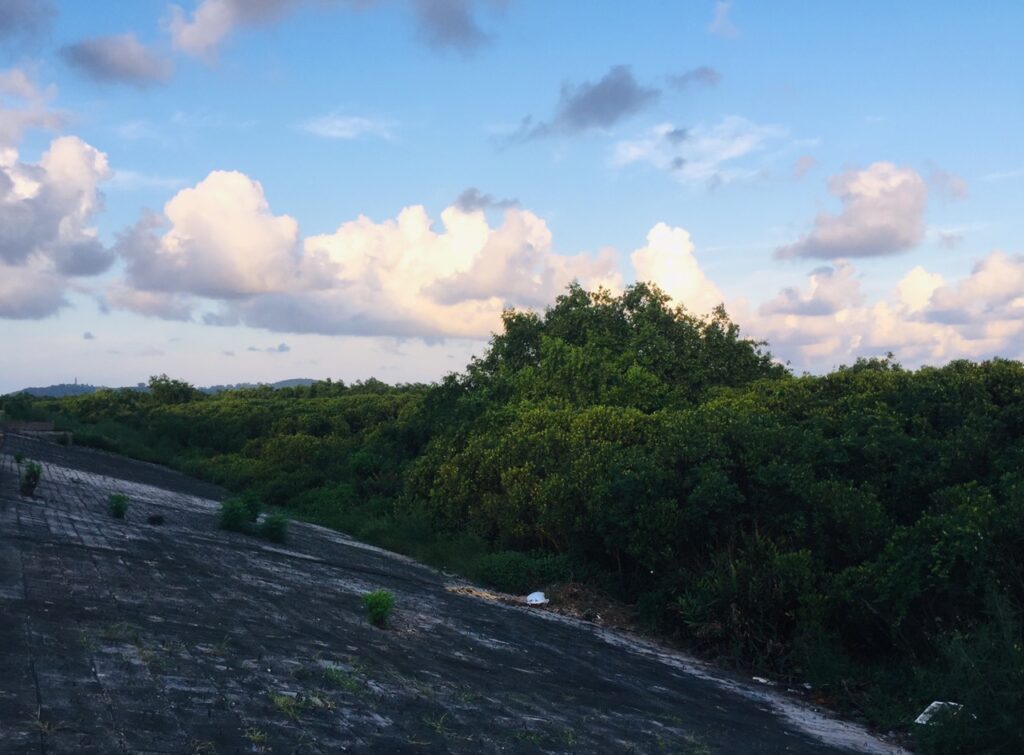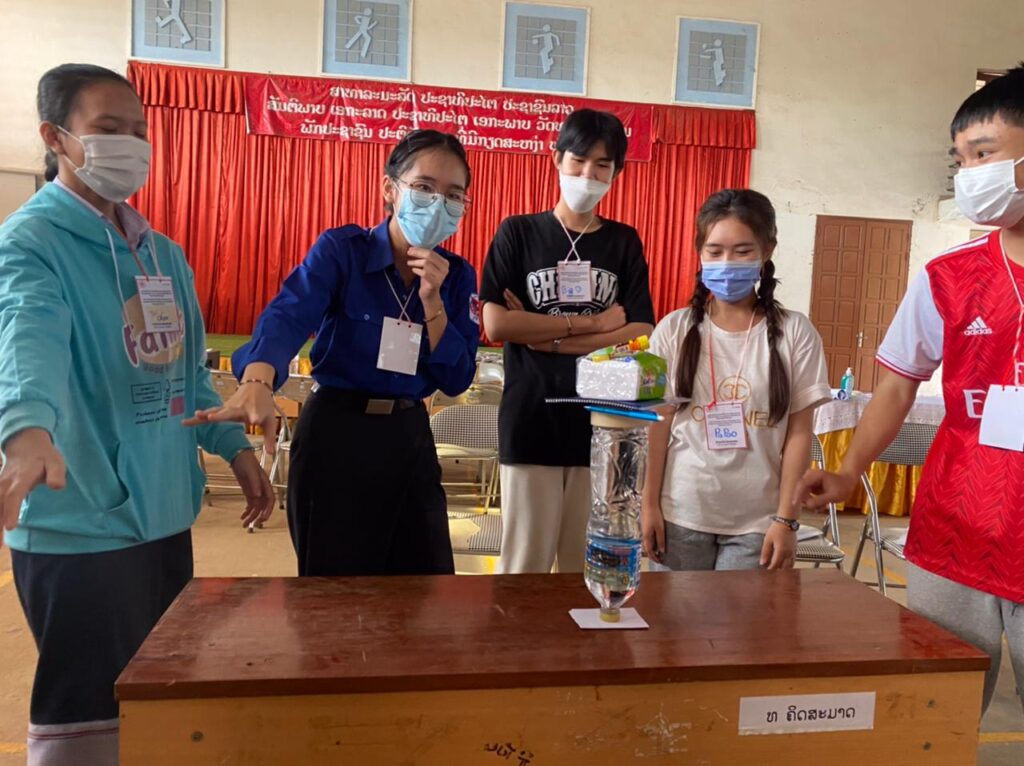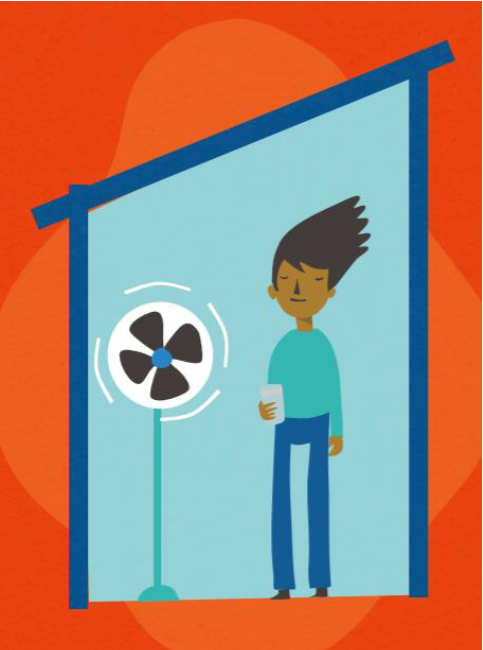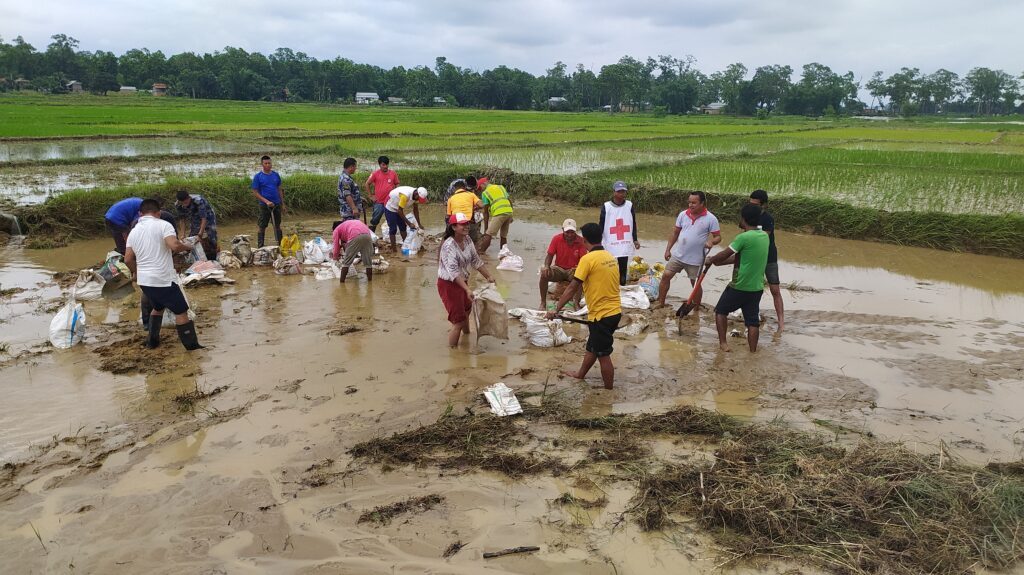Guidance Notes School Emergency and Disaster Preparedness UNDRR Regional Office for Asia and Pacific
This publication addresses emergency and disaster preparedness as one important component of disaster risk reduction, which consists of actions intended to increase the copying capacity of people and make them more resilient to disasters. It is aimed at helping school administrators, staff, teachers and students to be prepared in case of emergencies and disasters due […]




